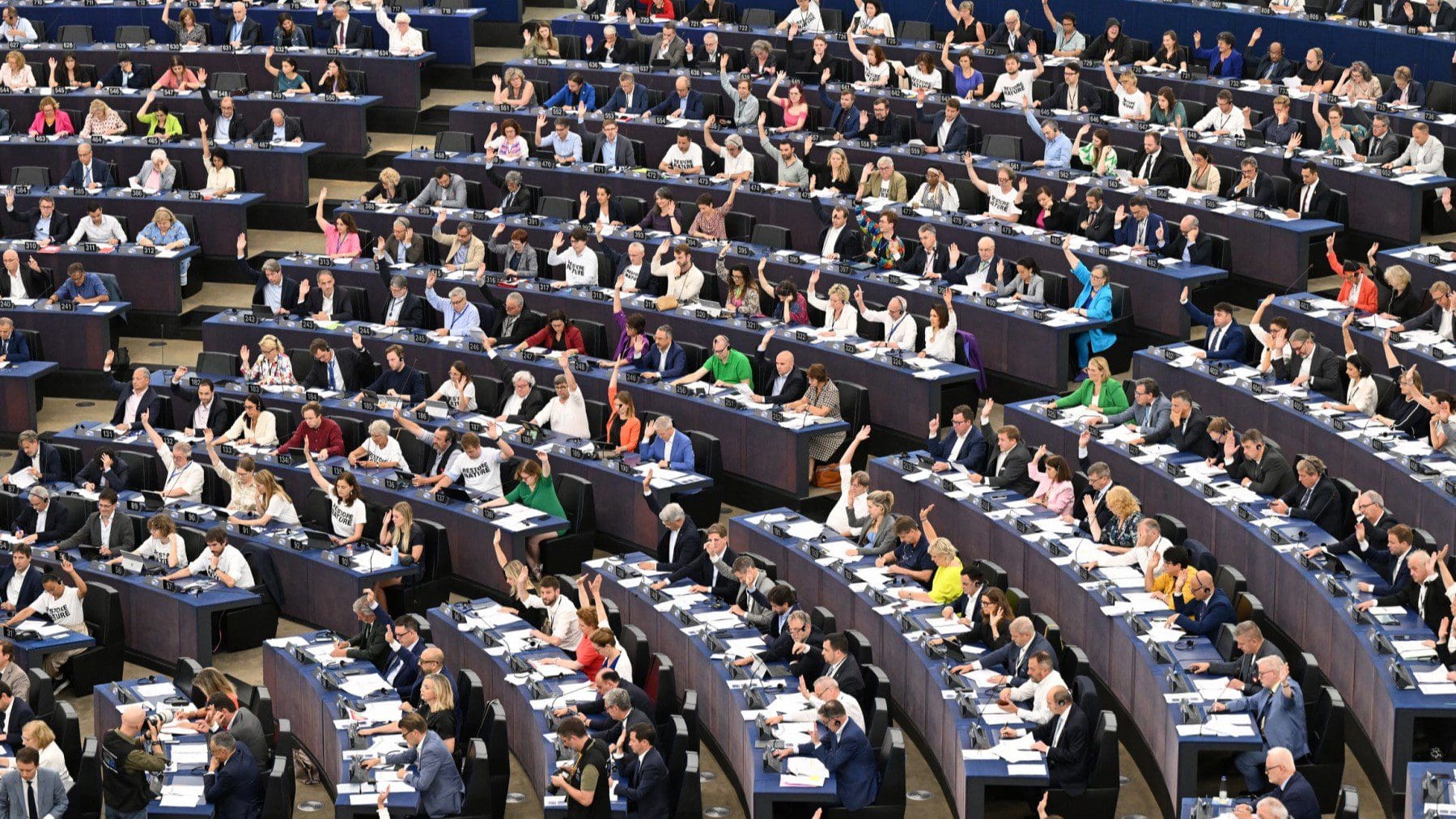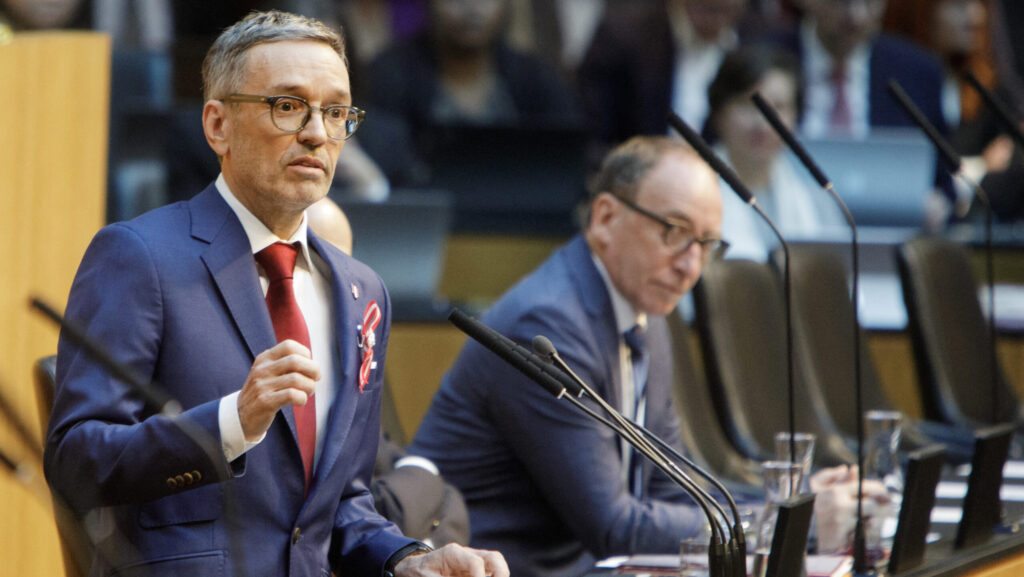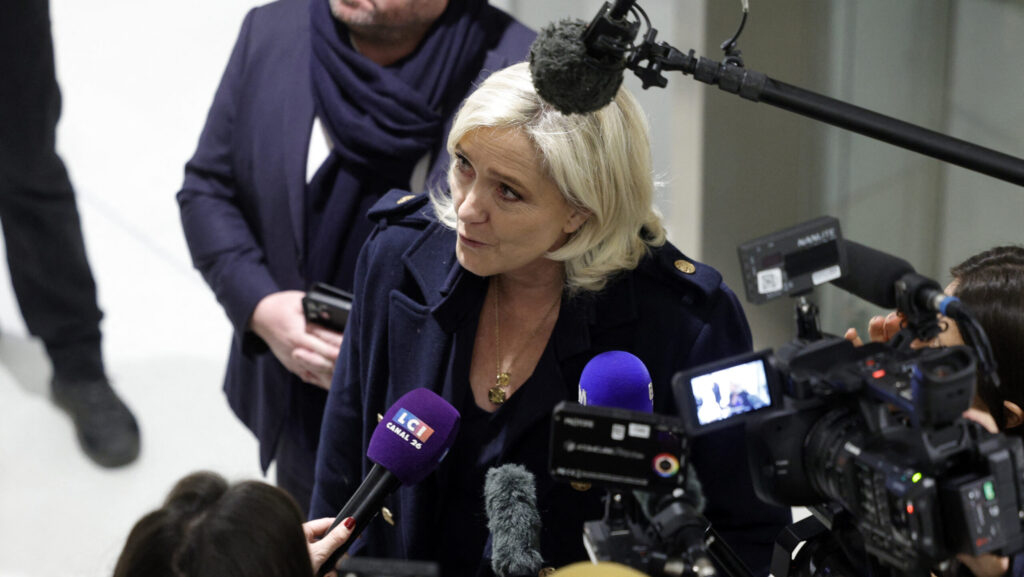Presumably, the European Conservatives and Reformists (ECR) group will be the Hungarian ruling party’s community in the future—and we will see how the ECR will operate after the EP elections next summer. There are various scenarios: perhaps the current ECR will become larger with other parties joining, or a more intensive cooperation between the ECR and Identity and Democracy may evolve—but speculation about this is the job of analysts, not that of politicians, Fidesz MEP Tamás Deutsch said in an interview earlier this summer. In his view, there is a realistic possibility of the right-wing alliance to which Fidesz will most likely belong becoming the second or third largest group in the EP, either from the end of this year, the beginning of next year or at the latest, after the summer elections.
Less than a year before the European Parliament elections, it is particularly interesting to try and answer the question of which formation the representatives of the Hungarian governing parties will be members of in the newly formed EP next year, and whether right-wing parties will be able to compete with the left-liberal mainstream.
The Shift to the Left of the European People’s Party
In recent years, the European People’s Party (EPP) has voted together with the Socialists, Greens and Liberals on several occasions, forming with them a European mainstream that has been able to successfully crush the aspirations of forces to their right, or have been able to use their own majority to act against their political opponents, such as the Hungarian government. In light of that, therefore, even closer cooperation of the People’s Party with forces to its left would not be a surprise. The preparing of the groundwork for such closer alliance was already announced this summer. The centrist-liberal Renew Europe family of parties has sent a message that it will not join a cooperation that would include the European People’s Party (EPP) and forces to that are on the ‘right and the far right’. Sandro Gozi, secretary general of Renew stated that his party recommends that the EPP instead join forces with them, the European Socialists and the Greens after the 2024 EP elections—so that the European Parliament being ‘extremely polarized’.
But Can the Right Unite?
This summer, there seemed to be a change in the EP, as right-wing parties attempted to jointly overthrow a liberal initiative that in their view would make endanger the livelihoods of a large number of farmers. With the cooperation of the EPP, ECR, ID and the 12 Fidesz MEPs, the European Parliament’s Committee on the Environment, Public Health and Food Safety (ENVI) almost succeeded in blocking the so-called Nature Restoration Law, which aims to restore nature on a fifth of all land and sea in the EU as part of the European Green Deal package announced by European Commission President Ursula von der Leyen after her election.
While the opposing right-wing forces were defeated in the knife-edge vote, their joint stance on the matter may foreshadow future cooperation that does not necessarily bring the various right-wing parties together in all areas, but which on the whole could result in a significant shift to the right in European politics.
Can a Right-Wing Surge Be Expected?
According to a summer poll by POLITICO, if the European Parliament elections had been held in August this year, the European Conservatives and Reformists (ECR) group would have been the third strongest formation in the EP, in close competition with the liberal-centrist Renew group (both groups would get 89 seats in the 705-seat EU body). ECR currently holds 64 seats, so it could gain as many as 25 new seats in 2024 if public attitudes do not change substantially until then. The other right-wing group, Identity and Democracy (ID), is also expected to strengthen significantly, from 65 to 77 seats.
The prognosis of the rise of the right is in line with recent trends in the elections of European Member States: conservative-right forces have gained momentum in Italy, Finland, Greece and Spain. There is no way to say for certain how European will choose to vote next year, but there is a clear trend of the support of mainstream parties declining across Europe, as people increasingly feel that liberal and left-wing politicians, hand in hand with the Brussels bureaucracy, have become detached from reality, and are unable to provide relevant answers to the everyday problems of citizens.








